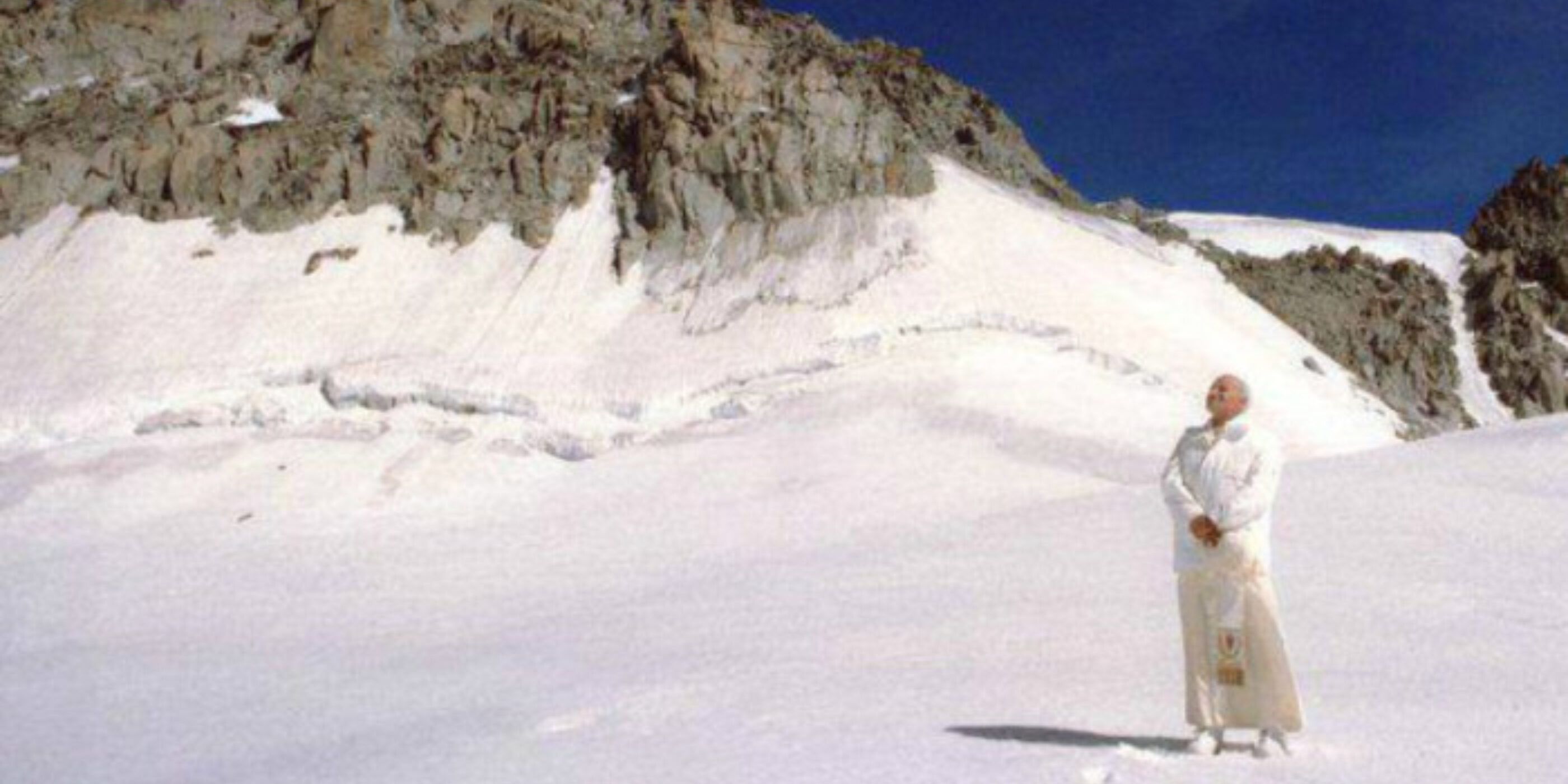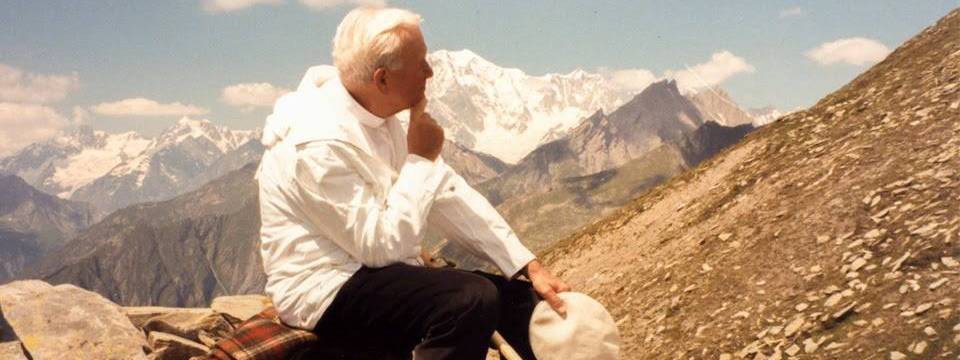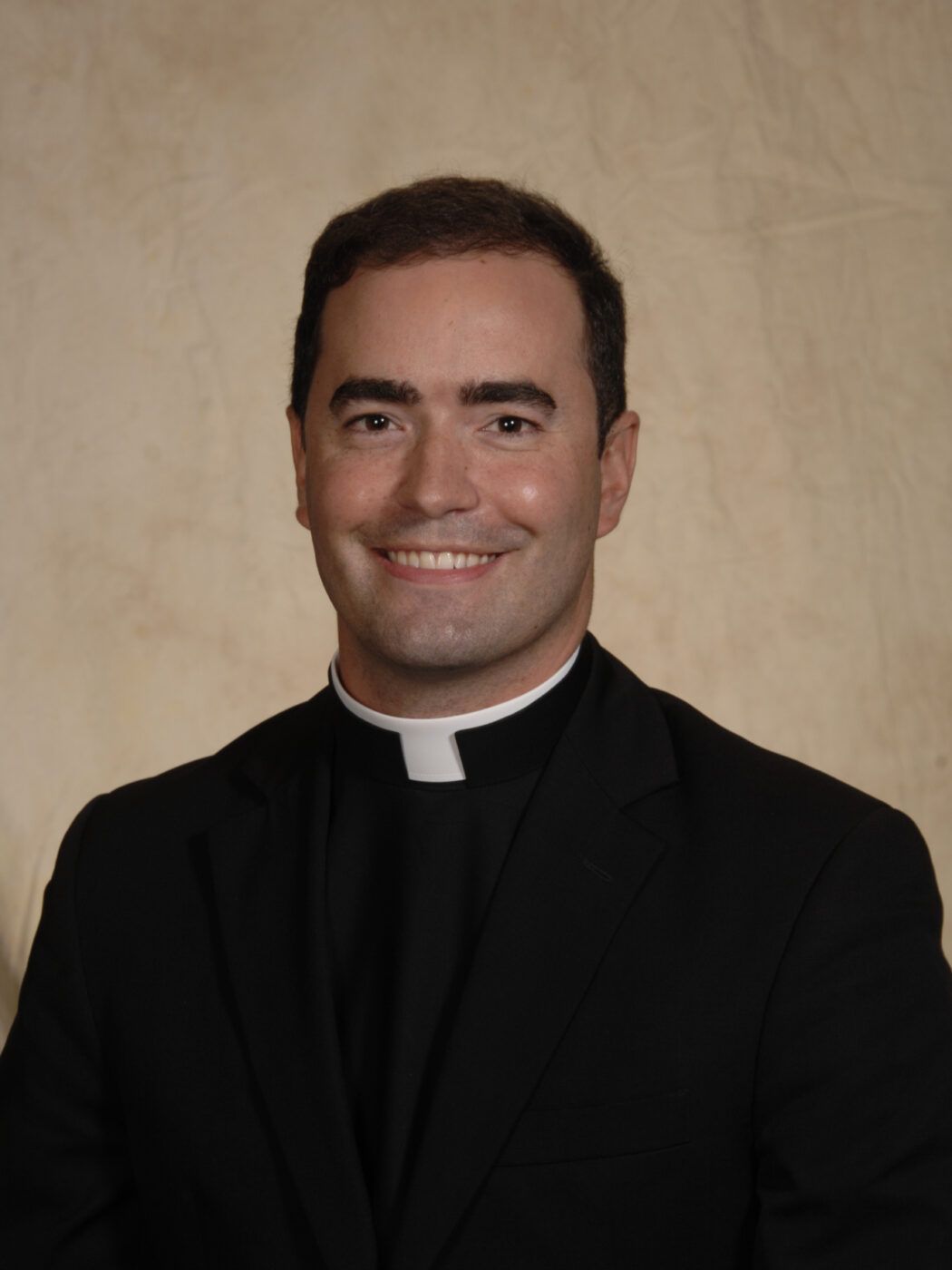In A Life with Karol, Cardinal Stanisław Dziwisz chronicles his former boss’ penchant for mountaineering. On several occasions, the Polish pope would slip out of the walls of the Vatican, clandestinely escaping to nearby Abruzzo where he would hike or ski. The Holy Father’s physiology provided the impetus for his ascent; but his interior life compelled him to stay on the summit.
From his experience on the mount, the pope spoke about the majesty of creation, which even a casual observer cannot ignore. Above all, however, he relished in the silence afforded by the mountain, where the soul so easily encounters the voice of God. There, one can easily say, as Gerard Manley Hopkins did, “the world is charged with the grandeur of God.”

It’s little wonder, then, that John Paul II preferred these escapes from the rigor and worries of his pontificate. And can we blame him?
The pope is in good company. In today’s Gospel, Peter also prefers the mountaintop. Away from the worries of the world, and far removed from the cacophony of noise which so easily saturates one’s day, Jesus takes Peter, James, and John, to the summit of a “high mountain.” Jesus’s glorious transfiguration – a privileged foretaste of Heaven – moves Peter so deeply, he doesn’t want to leave. “Lord, it is good that we are here,” Peter says. “If you wish, I will make three tents here, one for you, one for Moses, and one for Elijah.” Indeed, what sane person would want to escape such blissful serenity in the presence of God? “One day in your courts is better than a thousand elsewhere,” the Psalmist notes.
Peter knows it’s good for him to stay with the glorified Jesus on the summit. But he can’t—at least not yet. And the Church’s liturgy gives us some insight into the reason why. In today’s Mass preface, the celebrant prays, “After he had told the disciples of his coming Death, on the holy mountain [Jesus] manifested to them his glory, to show, even by the testimony of the law and the prophets, that the Passion leads to the glory of the Resurrection.”
So that their hearts would not succumb to fear of the Cross, Jesus provides a foretaste of Heaven. He gives them hope amidst the temptation to despair. And he does so for us, too. For the Evil One tempts us to see the Cross as a stumbling block (literally, a scandal) to our joy. How easily we fight against the Cross, like Peter did just a chapter earlier in Matthew’s Gospel. Understandably, Jesus rebukes him by calling him “Satan,” for pride clouds his judgment.
In times of personal trial, we need only recall this glorious exchange on the mountaintop. We need only trust that God is faithful to his promises. The Cross is necessary, for upon it hangs our salvation. But as the Mass preface reminds us, the Passion always leads to the Resurrection.
The same God who commanded Abram to go forth into a land about which he knew nothing—promising him that he would bless him, and make of him a great nation, despite the many trials he would endure—commands us, like Peter, James, and John, to “rise, and do not be afraid.” Abram did not debate the Lord, or ask that the Lord spare him difficulty. Abram “went as the Lord directed him.” He got up, without hesitation, and followed God.

How shall we respond when confronted with the Cross, when we would much prefer to escape its pain and humiliation, like Peter? That esteemed patriarch gives us the answer. We must go where God directs us. We must follow him. We must heed the voice of the Father, which makes Peter, James and John tremble in awe: “This is my beloved son, with whom I am well pleased; listen to him.” The Latin root of our English word, obedience, indicates hearing or listening, and then acting upon what one hears.
Saint John Paul II, like so many saints, taught us to listen to Christ, and then follow him obediently. Even when we prefer peaceful serenity and bliss – as he did atop the mountains he so often climbed, escaping from the burden of the Petrine office – we must follow wherever the Lord leads, even to the Cross.
Perhaps St. Therese of Lisieux said it best, when she counseled a sister, “You want to climb a great mountain, but the good God wants you to descend it. He is waiting for you at the bottom, in the fertile valley of humility.”


